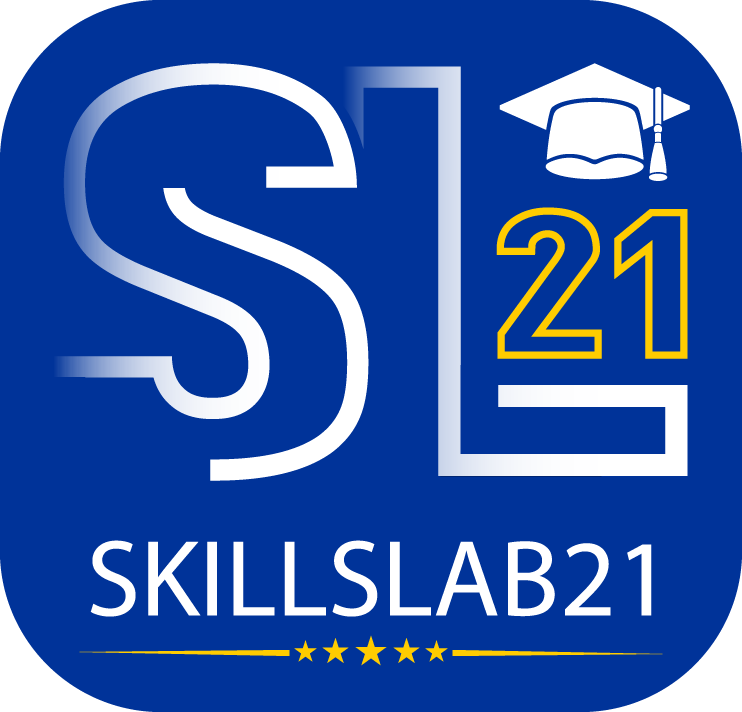CROSS-CULTURAL COMMUNICATION COMPETENCE

CROSS-CULTURAL COMMUNICATION COMPETENCE
COURSE OVERVIEW
The process of world-wide globalisation and Europe becoming such a multicultural society and a melting pot represent not only new issues and challenges but also requirements on professional qualities of teachers and their interpersonal skills. Thus cross-cultural communication competence is a must of every modern teacher. The course provides a holistic approach and our main goal is not only to help teachers understand the reasons for differences in behaviour of their students, preferences in their communication styles but also to provide them with hands-on tools and practical tips for using all different methods to develop cross-cultural communication competence.
CONTENT
The content of the course is divided into two basic parts – theoretical and practical; however, we try to leverage both of them every working day and find balance between theory and practice. The definition of culture, the process of acquiring culture, cultural differences in values, attitudes, motivation and ways of behaving will be discussed at different stages of the course. We will also talk about the theories of cultural dimensions, the definition of intercultural communication, the process of communication as such and the blocks of effective communication arising from cultural differences will also be a point of the discussion. While in the second, practical part (in which teachers will be actively involved and will try the methods and activities themselves), different kinds of methods will be applied to show teachers various possibilities for implementing the kinds of methods which encourage active social learning, experience learning and development of critical and creative thinking. Although the methods may be adjusted according to teachers’ needs, they all are based on principles not only to teach facts (knowledge) but also develop and improve abilities, skills and attitudes.
DAY 1
- Arrival of the participants
- Introduction of the participants, their schools, countries, expectations, needs etc. Ice breakers and Lead-in activities
- Culture (definitions, analogies, acquiring a culture, cultural differences in beliefs, values, attitudes, motivation, ways of behaving)
- Practical activities
DAY 2
- Practical activities
- Cultural dimensions as a crucial aspect of working in multicultural environment
- Intercultural communication (definition, communication process, cultural blocks in communication)
- Practical activities
DAY 3
- Intercultural communication competence (definition, application & examples of misunderstandings based on cultural differences)
- Practical activities
DAY 4
- Methods used to foster students’ inclusion, tolerance, intercultural awareness through different activities
- Principles of multicultural schools Practical activities
DAY 5
- Discussion of future cooperation
- Planning follow up & dissemination activities Final evaluation
- Certification ceremony
Although the general outline of the course is defined, the content will be adjusted according to the participants’ expectations and experience with the topic which will be discussed in advance. Also, the schedule of each individual day may differ slightly.
Ready to Get Started?
Update your knowledge, develop new skills with us!
